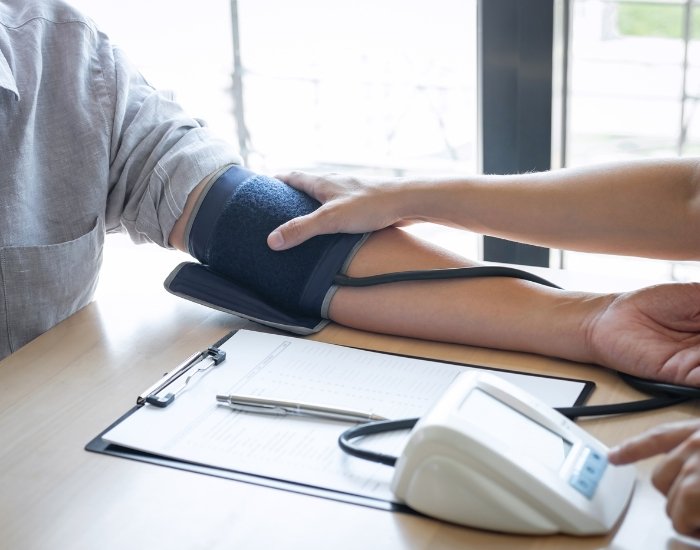Strep throat is a common bacterial infection that primarily affects the throat and tonsils. Caused by the group A Streptococcus bacteria, it can strike at any age but is particularly prevalent among children and teenagers. This blog will guide you through the symptoms to watch out for and the treatment options available for strep throat.

Symptoms of Strep Throat
The onset of strep throat is typically abrupt, with symptoms appearing 2 to 5 days after exposure to the bacteria. Here are some key indicators:
- Sore Throat: The most distinguishing symptom is a severe and sudden sore throat.
- Painful Swallowing: Difficulty or pain while swallowing is another major indicator.
- Fever: Strep throat often comes with a high fever, usually above 101°F.
- Red, Swollen Tonsils: The tonsils may be red and swollen, often with white patches or streaks of pus.
- Tiny Red Spots: These spots may appear on the roof of the mouth.
- Headache and Body Aches: Some people may experience a headache or body aches.
- Nausea and Vomiting: More common in younger children, these symptoms can also be a sign of strep throat.
Remember, these symptoms can be similar to other illnesses, including the common cold, and it is important not to self-diagnose. If you or your child displays several of these symptoms, it’s time to visit a healthcare professional.
Treatment for Strep Throat
Prompt treatment of strep throat is essential to prevent complications, such as rheumatic fever and kidney inflammation. If a healthcare provider confirms the diagnosis through a rapid strep test or a throat culture, here are the treatment options:
- Antibiotics: Antibiotics are the first line of treatment for strep throat. Penicillin or amoxicillin is often prescribed and can reduce symptoms, contagion risk, and potential complications.
- Pain Relievers: Over-the-counter pain relievers, such as ibuprofen, can help alleviate the pain and reduce the fever.
- Rest and Hydration: Plenty of rest and hydration can help the body recover.
- Avoid Irritants: Avoiding irritants like smoke or spicy foods can prevent further irritation of the throat.
Strep throat usually improves within a few days of starting antibiotics. However, it’s crucial to complete the prescribed course, even if you feel better, to ensure that the infection is fully cleared.
Prevention is always better than cure. Encourage proper hygiene practices, such as hand washing, not sharing personal items like toothbrushes or drinking cups, and covering your mouth when coughing or sneezing, to reduce the spread of strep bacteria.
While strep throat is an uncomfortable condition, recognizing the symptoms and seeking prompt medical attention can lead to quick recovery and reduce the risk of complications. Remember, when it comes to health, it’s always better to be safe than sorry!
Disclaimer: This blog is intended to provide general information about strep throat and is not a substitute for professional medical advice. Always consult a healthcare provider if you or your child has symptoms of strep throat.



